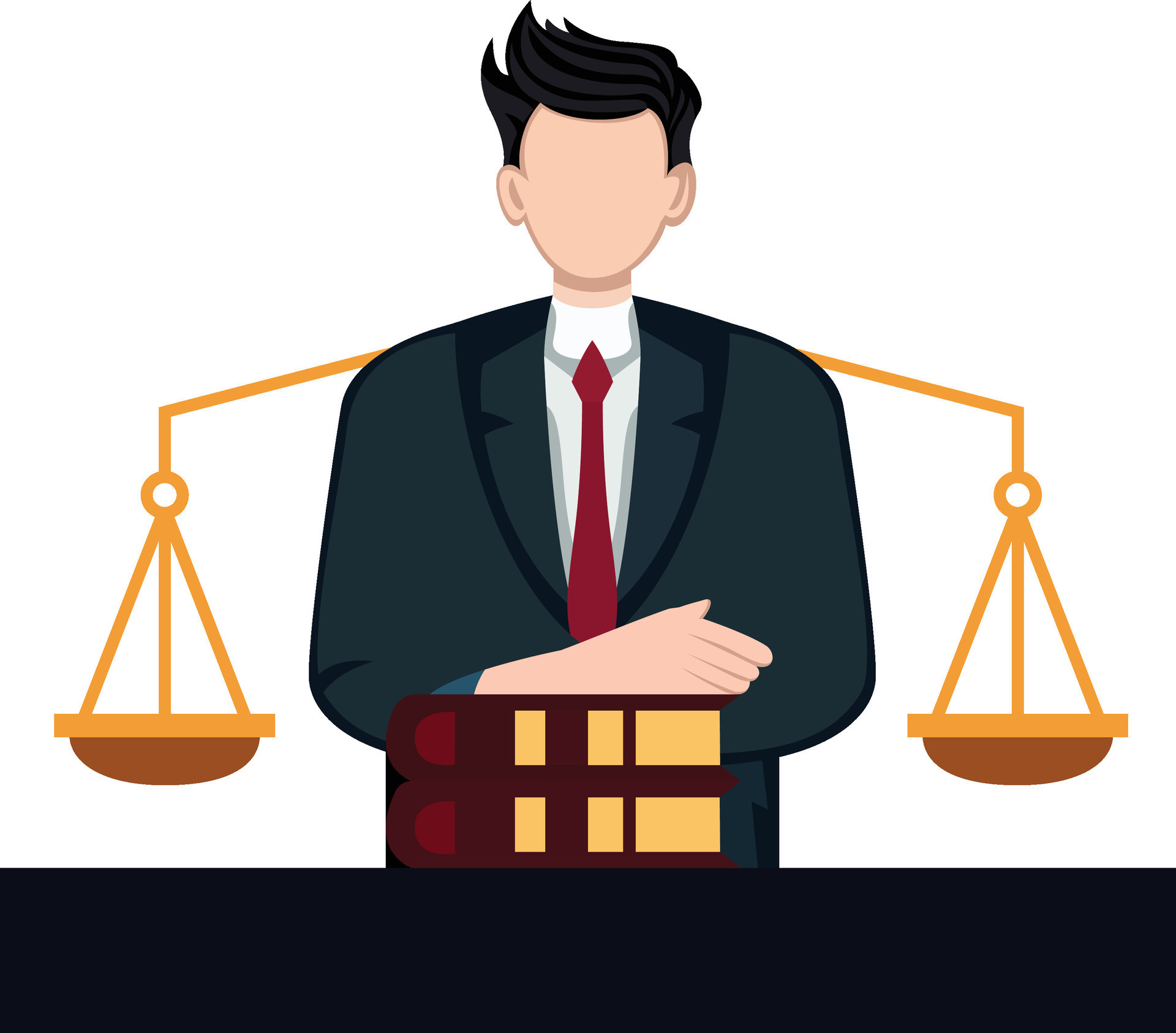When confronting a legal matter, people often find themselves at a dilemma, dubious whether to pursue legal action or seek alternative dispute resolution. Both pathways offer unique merits and can lead to significantly different outcomes. Comprehending the nuances of each option is essential for wise decision-making, especially when you consider the timeline, financial implications, and stress involved in legal disputes. Choosing the correct method can make all the difference in reaching a beneficial outcome.
This article will examine the essential elements of litigious processes and settlement negotiation, guiding you through the path of decision making. We will touch on critical legal considerations that anyone should be aware of, such as when you should hire an lawyer, how to find the right counsel for your case, and what to anticipate during your initial meeting with a lawyer. Additionally, we will examine significant legal rights and obligations relevant to various situations you might face, from accident litigation to divorce and custody issues. By Additional hints , you will have a clearer apprehension of your possibilities and the capabilities necessary to traverse the legal system effectively.

Essential Legal Tips
A key tips to remember is to consistently seek law-related advice when dealing with a law situation. If you are unsure about a legal agreement you are about to sign or require guidance after an incident, consulting an attorney can offer clarity and direction. They can evaluate the situation and counsel you on your rights and obligations, helping you steer clear of common mistakes that many people encounter.
Understanding when to hire an attorney is crucial. If you are dealing with a complex legal matter, like a family dispute, personal injury claim, or criminal charges, don’t hesitate to reach out a legal expert. An attorney can advocate for your interests, manage the legal system, and ensure that your case is handled effectively. Keep in mind, not all situations require an attorney, but it's better to be safe than sorry when significant risks are involved.
Finally, be proactive about your legal matters. Ignoring legal notifications, such as a summons, can result in serious consequences, including losing your case by default judgment. Stay updated about your rights and responsibilities, and take the necessary steps to safeguard yourself legally. Being aware of key legal tips can empower you to make informed decisions and take control of your legal situation.
Comprehending Attorney Representation
Navigating the judicial field can be overwhelming, thus comprehending the role of attorney representation in law is essential. Attorneys function as representatives for clients, offering insight on law rights and obligations. Regardless of whether you confront criminal litigation, addressing family law issues, or seeking to safeguard your business interests, hiring an advocate can significantly influence the outcome of your case. The attorney's knowledge equips clients to approach legal issues with confidence, knowing they possess someone skilled by their side.
A skilled attorney does not solely advocates for your needs in court but also supports you comprehend the intricacies of the court system. Beginning with the initial consultation to the final outcomes, they will explain what to foresee at each phase of the course. This understanding is essential for managing stress and decisions based on good information. The understanding an attorney provides can help prevent frequent missteps in legal matters people fall into, guiding clients through situations that may otherwise seem burdensome.
Additionally, choosing the best attorney for your specific needs is paramount. A variety of cases demand varied knowledge, and knowing your own situation will aid in choosing someone who specializes in your practice area. Whether it's personal injury, criminal defense, or estate planning, the appropriate attorney confirms that your attorney's support aligns with your individual case and needs, ultimately leading to better outcomes.
Rights and Duties in Law
Grasping your rights and responsibilities is important when dealing with the legal system. Each person has certain legal entitlements, such as the right to just treatment under the law, the right to seek legal counsel, and the entitlement to due process. It's vital to be cognizant of these rights to safeguard yourself in various situations, regardless of whether you are facing a legal issue or just want to make sure you understand your entitlements. For instance, knowing your entitlements during a police stop can make a substantial difference in how you manage the situation.
On the flip side, people also have duties that come with those rights. This includes the duty to follow laws and regulations, to be truthful in legal proceedings, and to honor the entitlements of others. Fulfilling these duties is important, as failing to do so can result in legal consequences, including fines or even imprisonment. Being aware of both your rights and your duties will allow you to make informed decisions and navigate legal challenges more effectively.
In particular contexts, such as employment or tenant-landlord relationships, the equilibrium of rights and duties can be more intricate. Knowing what rights you hold as an employee or a tenant while also being aware of your responsibilities can help avoid disputes and foster more constructive interactions. Ultimately, achieving a clear understanding of the relationship between entitlements and duties will empower you to interact with the law with confidence and responsibly.
